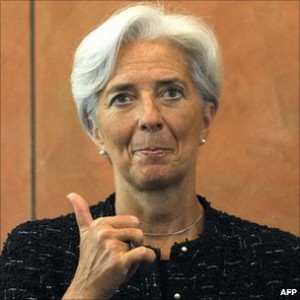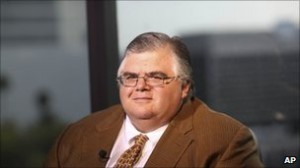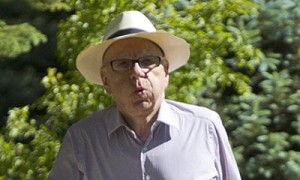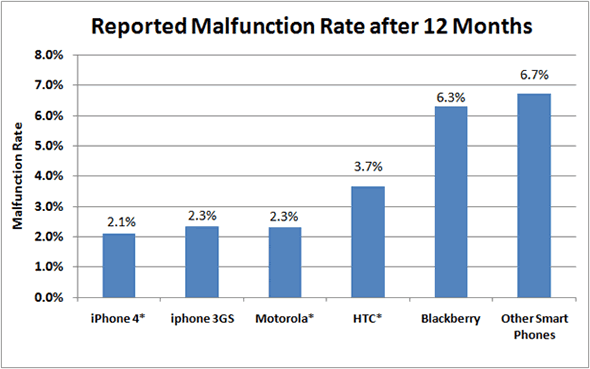Nominations close later for the post of head of the International Monetary Fund (IMF), with French Finance Minister Christine Lagarde tipped for the job.
Mexico’s Central Bank Governor Agustin Carstens and his Kazakhstan counterpart Grigory Marchenko are also in the running.
The final selection is expected to be announced by 30 June.
The post became vacant when Dominique Strauss-Kahn quit last month over sexual assault charges in New York.
Mr Strauss-Kahn said he had decided to step down to fight charges relating to an alleged attack on a hotel maid.
Ms Lagarde is expected to learn the outcome on Friday from an examination by three top French judges of allegations that she abused her authority in 2008 when she granted a large payout to a prominent businessman to settle a legal case.
‘Done deal’
The main candidates are now winding down their lobbying campaigns to get the top job at the IMF.
Ms Lagarde left China for Portugal on Thursday to take part in the African Development Bank’s annual meeting.
Before the departure she said she was “very satisfied” about her meeting with Chinese officials.
“I have a very positive feeling following these talks, but it’s up to them to convey their decision,” Ms Lagarde told AFP news agency.
Ms Lagarde has already visited India and Brazil.
Mr Carstens is also continuing his tour: he is visiting India on Friday before going to the US next week.
Meanwhile, Mr Marchenko – whose candidacy was put forward by Russia and several other former Soviet republics – said that Ms Lagarde was the favourite to get the job.
“There’s a lot of information coming from different sources, which is implying that there’s agreement between G8 countries about support for Madame Lagarde,” Mr Marchenko told Britain’s Daily Telegraph newspaper.
“If countries which together have more than 60% of the vote have agreed to support one candidate, then it’s more or less a done deal,” he added.
Since its creation, the top job at the IMF has gone to a European, while his or her counterpart at the World Bank has been American.
China, India, Brazil and Russia have called for this tradition to come to an end, as their economies are now becoming more important in the global economy.
Correspondents say that while European countries are keen to appoint a European, there’s some support for picking a leader from the developing world.
Source : BBC







































